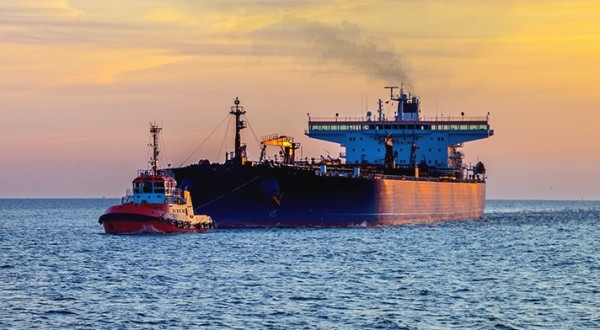On the occasion of MEPC 70, ESPO calls on IMO to align actions for the reduction of shipping’s CO2 emissions with the Paris climate agreement, and to uphold the 2020 implementation date for a global 0.5 percent sulfur cap on marine fuels.
ESPO notes that this meeting is a milestone as the following important issues will be discussed:
- The further policy measures for the shipping sector in terms of CO2 reduction and thus climate change.
- The postponement or not of the global 0,5% sulphur cap, actually foreseen in 2020.
Even if shipping is still the most energy efficient transport mode, the shipping sector must contribute to achieving the global climate change reduction target. ESPO acknowledges that already adopted tools such as the Energy Efficiency Design Index (EEDI) and the Ship Energy Efficiency Management Plan (SEEMP), and the foreseen adoption of a global monitoring mechanism in October are steps in the right direction.
It is clear however that more needs to be done at international level on setting concrete emission reduction targets and on developing appropriate instruments to achieve those. There is no time to waste and it would be unfortunate if the forthcoming MEPC meeting does not deliver towards that direction.
The current land-based efforts European ports are making to reduce the carbon footprint of port activities must be accompanied without further delay by sea-based efforts.
European ports believe that the deadline of 2020 for introducing a global cap of 0.5% sulphur content in marine fuels must be maintained, aligning thus the IMO timing with the EU timing as foreseen in the current Sulphur Directive and thus avoiding an unlevel playing field between EU and its neighbouring countries. Limiting sulphur exhaust emissions can have an enormous impact on the local air quality, and thus mean a big step forward for the maritime and port industry. By maintaining 2020, IMO can show that an ambitious greening agenda is possible at global level.
Shipping being a global industry and climate change being a global challenge, ESPO strongly believes that IMO is by far the right level to address the issue and to find a solution. At the same time, European ports believe that the current progress at IMO level is not good enough. Concrete steps need to be taken so that shipping takes up its share of the global emissions reduction effort.
The good environmental image and thus future of the maritime and port sector is at stake. Moreover, European ports are literally on the first row when it comes to facing the consequences of Climate Change (sea level rise, extreme weather conditions).
Therefore, ESPO and its members call on EU Governments, EU Policy makers, all maritime and port stakeholders to step up efforts and exercise pressure towards a global solution.
Source: ESPO




























































